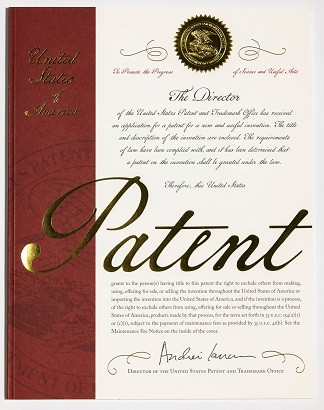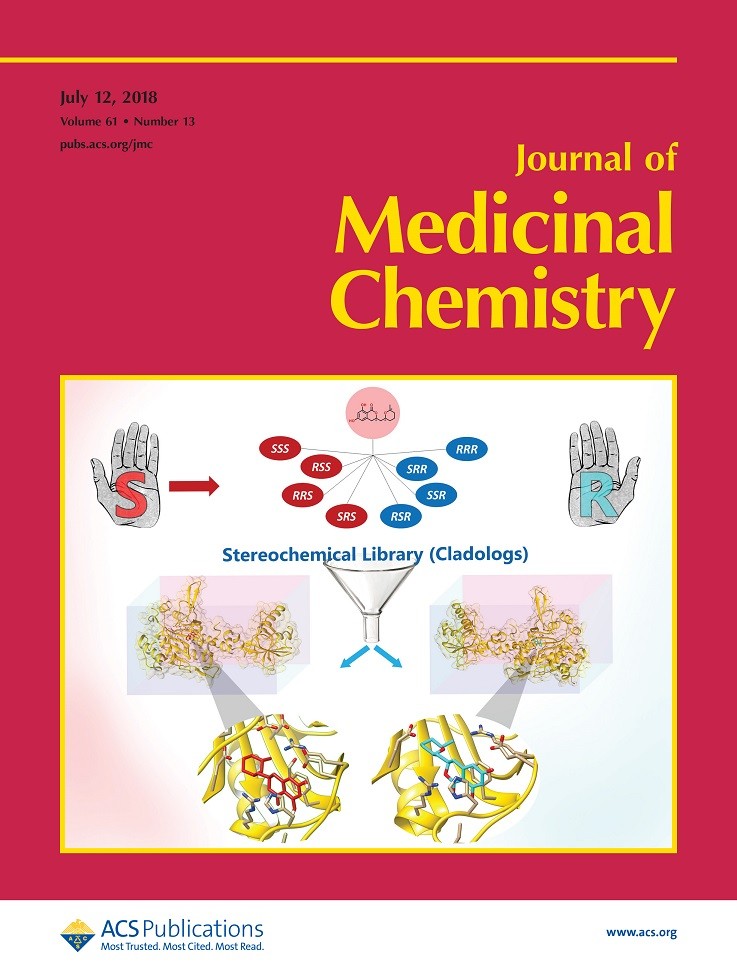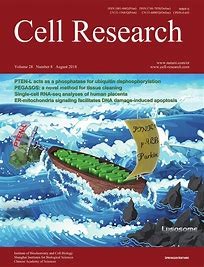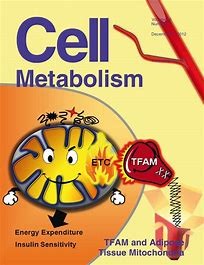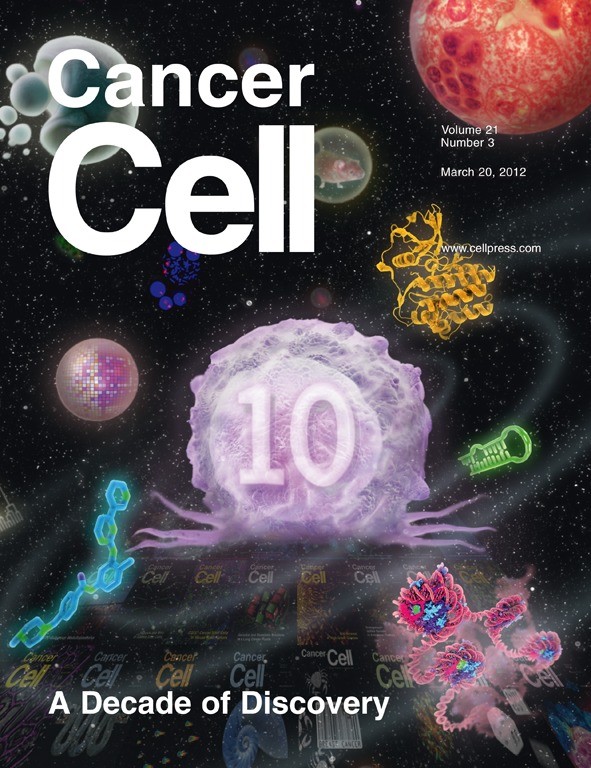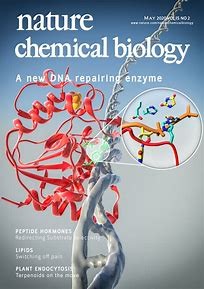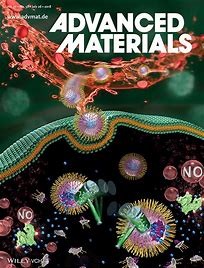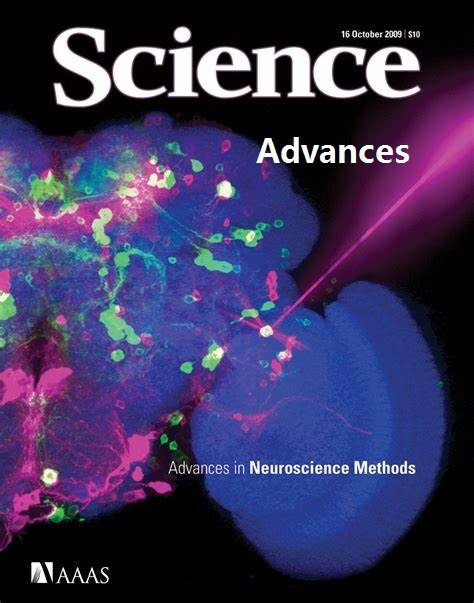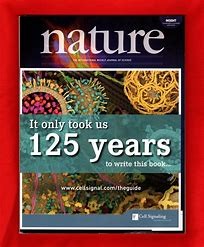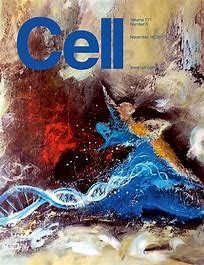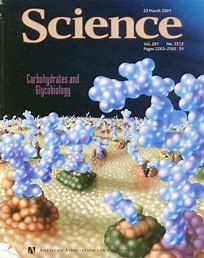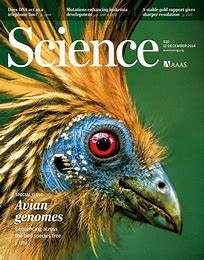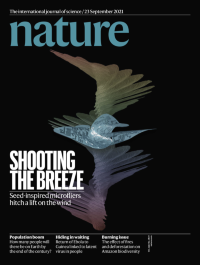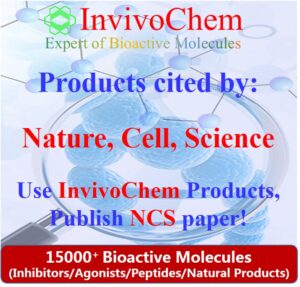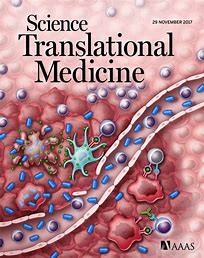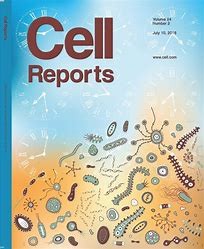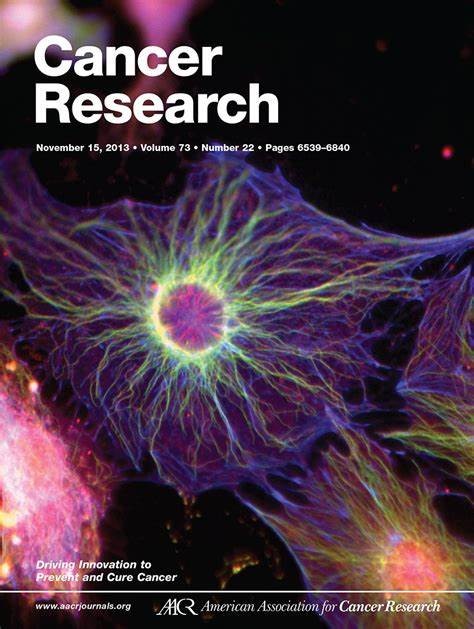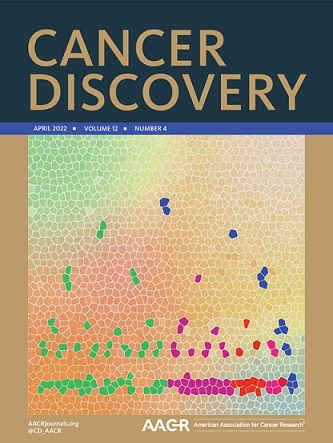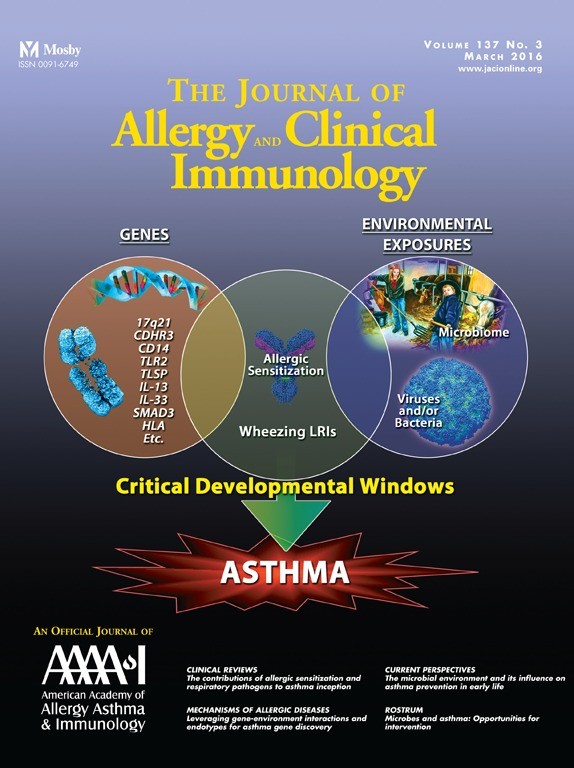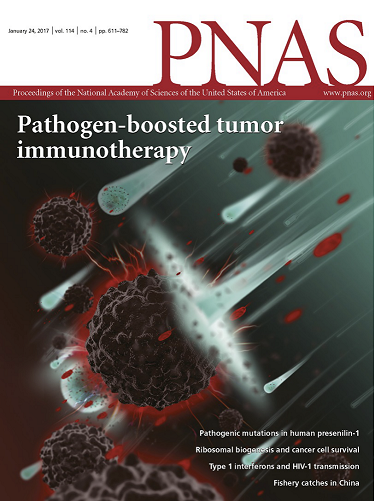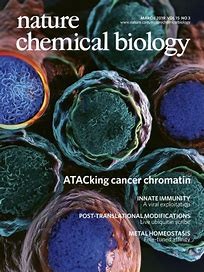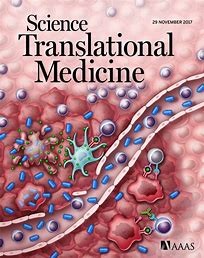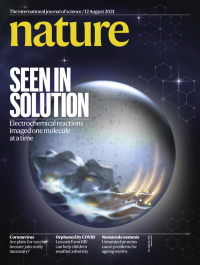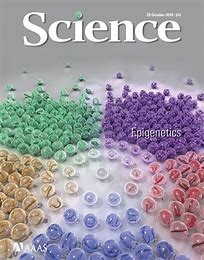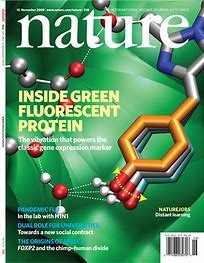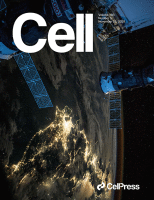ICCB-19 HCl
This product is for research use only, not for human use. We do not sell to patients.
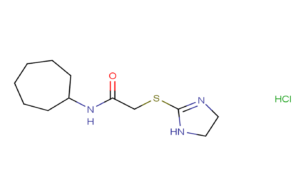
For small sizes, please check our retail website as below: www.invivochem.com
| Size | Price | Stock |
|---|---|---|
| 250mg | $1950 | Check With Us |
| 500mg | $3250 | Check With Us |
| 1g | $4875 | Check With Us |
Cat #: V2446 CAS #: 1803605-68-6 Purity ≥ 99%
Description: ICCB-19 hydrochloride is an inhibitor of TRADD (TNFRSF1A Associated Via Death Domain).
Top Publications Citing Invivochem Products
Publications Citing InvivoChem Products
Product Promise

- Physicochemical and Storage Information
- Protocol
- Related Biological Data
- Stock Solution Preparation
- Quality Control Documentation
| Molecular Weight (MW) | 291.84 |
|---|---|
| Molecular Formula | C12H22ClN3OS |
| CAS No. | 1803605-68-6 |
| Synonyms | ICCB19 HCl; ICCB 19 HCl; ICCB-19 HCl; ICCB-19 hydrochloride; ICCB 19 hydrochloride; ICCB19 hydrochloride |
| Protocol | In Vitro | ICCB-19 (10 μM) reduces the rapid activation of RIPK1 in complex I induced by TNF. Treatment with ICCB-19 increases recruitment of TRADD, HOIP, and A20, but not RIPK1, to complex I. ICCB-19 (10 μM) promotes autophagy via K63-linked ubiquitination of beclin 1 mediated by E3 ubiquitin ligases cIAP1 and cIAP2 and the adaptor TRAF2. ICCB-19 has no effect on mTOR. ICCB-19 (10 μM) treatment of cells increases the levels of DsRed-FYVE dots and the lipid kinase activity of VPS34. ICCB-19 inhibits Bortezomib-induced apoptosis and RIPK1-dependent apoptosis (RDA) with an IC50 of about 1 μM. |
|---|---|---|
| In Vivo | ICCB-19 reduces inflammatory responses in Tradd−/− mice. ICCB-19 reduces expression of the TNF-induced inflammatory target gene products, NOS and COXII27, and of inflammatory cytokines in cells stimulated with pathogen-associated molecular patterns. |
These protocols are for reference only. InvivoChem does not
independently validate these methods.
| Solvent volume to be added | Mass (the weight of a compound) | |||
|---|---|---|---|---|
| Mother liquor concentration | 1mg | 5mg | 10mg | 20mg |
| 1mM | 3.4265 mL | 17.1327 mL | 34.2654 mL | 68.5307 mL |
| 5mM | 0.6853 mL | 3.4265 mL | 6.8531 mL | 13.7061 mL |
| 10mM | 0.3427 mL | 1.7133 mL | 3.4265 mL | 6.8531 mL |
| 20mM | 0.1713 mL | 0.8566 mL | 1.7133 mL | 3.4265 mL |
The molarity calculator equation
Mass(g) = Concentration(mol/L) × Volume(L) × Molecular Weight(g/mol)
Mass
=
Concentration
×
Volume
×
Molecular Weight*
The dilution calculator equation
Concentration(start)
×
Volume(start)
=
Concentration(final)
×
Volume(final)
This equation is commonly abbreviated as: C1 V1 = C2 V2
Concentration(start)
C1
×
Volume(start)
V1
=
Concentration(final)
C2
×
Volume(final)
V2
Step One: Enter information below
Dosage mg/kg
Average weight of animals g
Dosing volume per animal µL
Number of animals
Step Two: Enter the in vivo formulation
%DMSO
+
%
+
%Tween 80
+
%ddH2O
Calculation Results:
Working concentration:
mg/ml;
Method for preparing DMSO master liquid:
mg
drug pre-dissolved in
µL
DMSO(Master liquid concentration
mg/mL)
,Please contact us first if the concentration exceeds the DMSO solubility of the batch of drug.
Method for preparing in vivo formulation:
Take
µL
DMSO master liquid, next add
µL
PEG300, mix and clarify, next add
µL
Tween 80,mix and clarify, next add
µL
ddH2O,mix and clarify.
Note:
- (1) Please be sure that the solution is clear before the addition of next solvent. Dissolution methods like vortex, ultrasound or warming and heat may be used to aid dissolving.
- (2) Be sure to add the solvent(s) in order.
